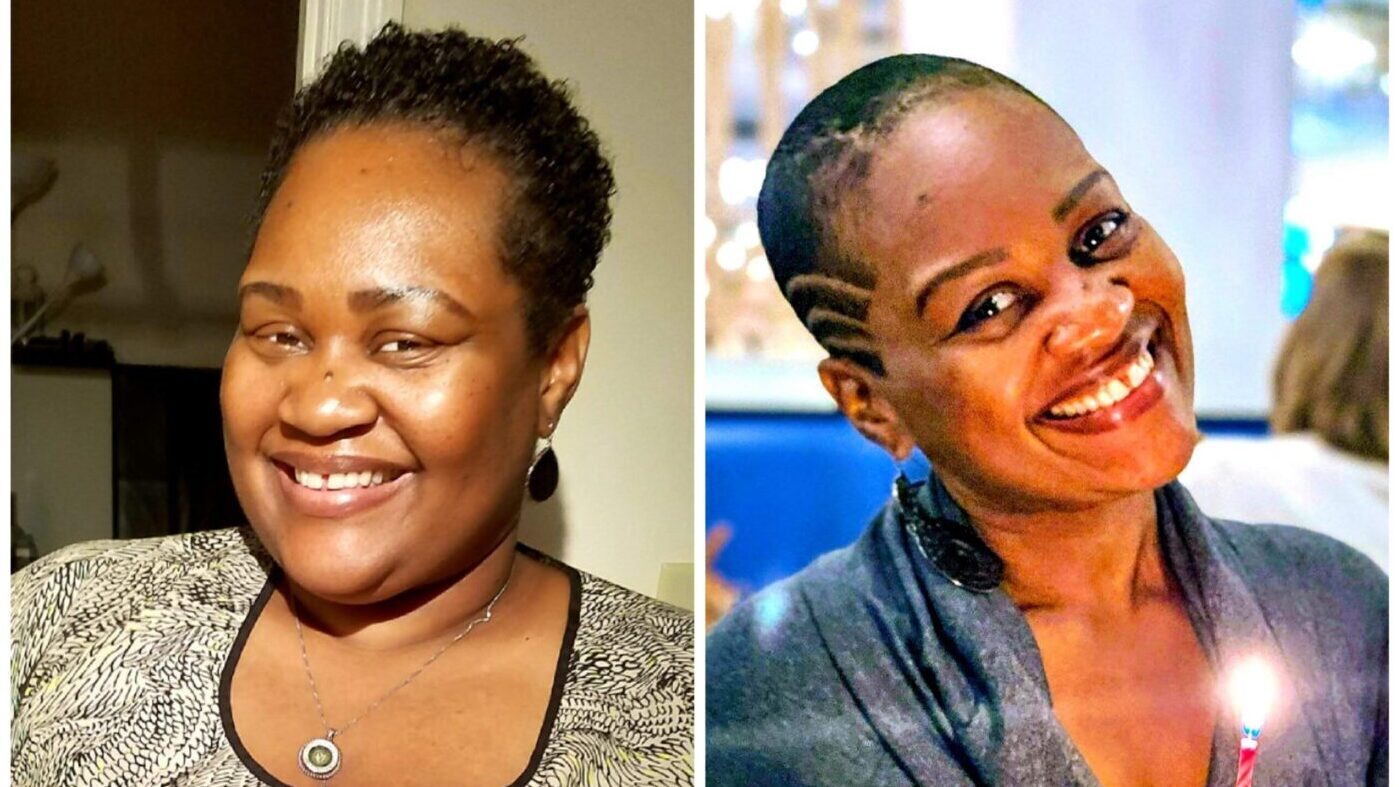In our roles as caregivers, teachers, nurses, coaches, parents, we often find ourselves eager to lend a helping hand to others. It’s ingrained in our nature to be there for those in need, to provide support, and to offer guidance. However, there’s an ironic twist to this inclination – many of us who are so ready to help others often struggle to ask for help when we need it the most.
I’m a Masters-prepared teacher, a master’s prepared registered nurse currently working as an addictions nurse, and a transformation coach. My life revolves around assisting, empowering, and above all, serving others. It wasn’t until a recent particular incident that I realized how challenging it can be to seek help, even for someone with my background.
Several months ago, I found myself bleeding excessively, and it took me until the second day to finally call my doctor’s office for guidance. You might be wondering, why the hesitation? Well, I’m a nurse. I know how to recognize hemorrhaging in others, but when it came to myself, applying the same logic was surprisingly difficult. I was, in fact, hemorrhaging, and I needed immediate medical attention.
The irony here is that on that very same day, I made a personal commitment to ask two people for help with my job search. I was ready to be there for others, yet I struggled to extend that same courtesy to myself. Even the triage nurse at the ER advised me to “phone a friend,” recognizing that I needed support beyond medical assistance. However, my initial response was to decline, not wanting to burden anyone with my problems or be perceived as a nuisance.
It was only when my cousin called to check up on me that I mustered the courage to admit my situation. She didn’t hesitate; she came straight to the ER and sat with me throughout the ordeal. I couldn’t be more grateful for her presence.
The lesson here is that those of us who are always eager to help others sometimes find it challenging to ask for help ourselves. Just because we appear strong and capable doesn’t mean our burdens aren’t heavy. It’s crucial to remember that everyone, including your seemingly invincible friends, may need a helping hand at times.
So, let this be a gentle reminder to check on your strong friends, and don’t hesitate to ask the helpers in your life if they could use your support too. Vulnerability is not a sign of weakness; it’s a testament to our shared humanity, a sign of courage and strength. By acknowledging our own need for help, we not only receive the help we require but also reinforce the bonds of compassion and care that connect us all.
It’s a common misconception, especially when working with clients, that because we’re in a helping profession, we don’t experience struggles ourselves. But here’s the truth: we all face challenges, and none of us are exempt from life’s difficulties. In fact, it’s often our personal experiences with adversity that drive us to do this meaningful work. That’s certainly been true for me!
I’ve seen this misconception in action when speaking with clients. They may assume that I have it all together, that I’m immune to the same struggles they’re facing. However comma, it’s important to emphasize that I chose this path because I know–intimately and deeply!– the struggle firsthand. Self-care wasn’t always my go-to either, and even today, I have to make a conscious effort to prioritize it.
The work I do isn’t about being exempt from life’s challenges; it’s about being human and wanting others to understand the power of self-care. It’s like having a shelf full of books – owning them doesn’t make me smarter, but reading and implementing their teachings makes me wiser. Self-care operates in a similar way. We may know about it, see it as a concept on that distant bookshelf, but in order to truly live better because of it, we must actively engage in self-care, self-love.
So, remember, when you’re facing difficulties or feeling overwhelmed, it’s okay to seek help and practice self-care. We’re all in this together, and by taking care of ourselves, we become better equipped to help and support others on their journeys too.
Closing Prayer
Divine Creator,
Thank you for guiding us in our roles as caregivers and helpers. As we reach out to support others, remind us to seek help when we need it for ourselves. Help us embrace vulnerability as a pathway to deeper connection and understanding, knowing that asking for help is to receive love in action.
Bless those who support us in our times of need, and strengthen our resolve to care for ourselves as we care for others. May our actions reflect Your love and grace, fostering a community where compassion and support flourish. And so it is. Amen.
